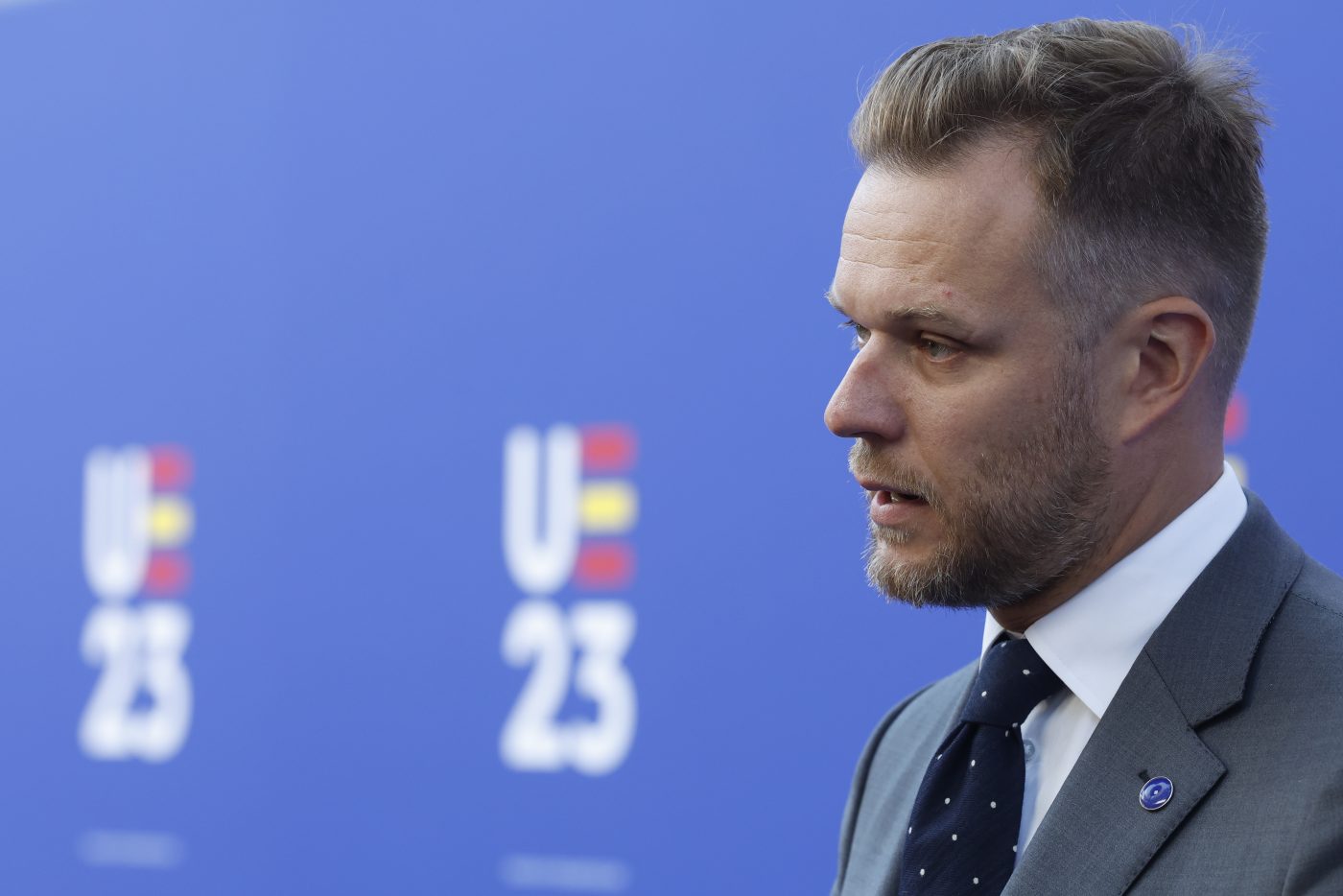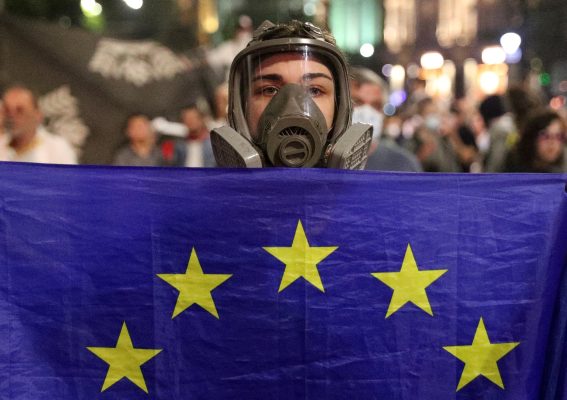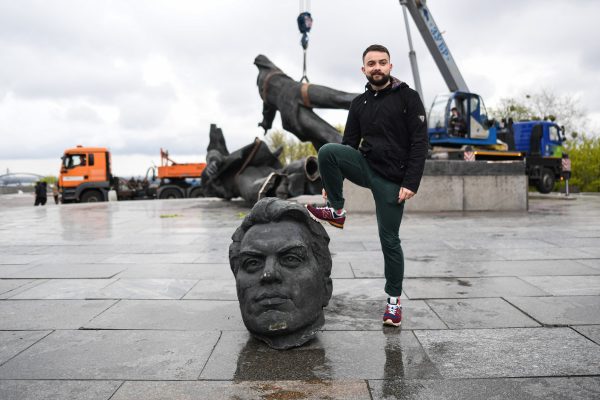Ukraine urgently needs long-range weapons it needs to win the war against Russia, Gabrielius Landsbergis, Lithuania’s minister of foreign affairs, told the CEPA Forum on September 28. He said, however, that he has observed a “slowing down of urgency” in Western support for Ukraine.
Making the case that there is “no bigger element in Ukraine’s victory [than] weapons deliveries,” Landsbergis said there is a “slowdown” and a “bureaucratic approach” to Ukraine’s needs.
“We have to admit that we need Ukrainian victory, otherwise, we’ll be giving a victory to [Russian President Vladimir] Putin, which in turn is a nightmare, not just for Ukraine, but for the region, for us, for Latvia, for Lithuania, for other countries in our neighborhood, but also globally it will send repercussions,” the minister warned.
“[We] need to go back to the urgency that we had and then send everything that we can,” he said, specifically noting the need to fulfill Ukraine’s request for long-range rockets that could target Russian military supplies in the occupied regions of Ukraine.
In their meeting in Washington on September 21, US President Joe Biden told his Ukrainian counterpart, Volodymyr Zelenskyy, that the United States will provide a small number of long-range Army Tactical Missile Systems (ATACMS) to Ukraine.
There are “messages coming from Washington that the mood might be changing,” Landsbergis said. “I truly hope that it will change, and it will not change too late.”
Landsbergis was speaking to Marija Golubeva, a CEPA distinguished fellow.
The Lithuanian minister discussed other challenges to security in the Nordic-Baltic region. He predicted Georgia and Moldova would come under increased pressure from Russia and that “the whole region of the Black Sea . . . would be in peril.” This, he said, would impact free maritime navigation of the Black Sea which is “basically under Russian control.”
A similar scenario could play out in the Baltic Sea, he said, if Russia were to conduct military exercises in international waters, limiting navigation and liquefied natural gas inflows into terminals in Finland and Lithuania. That would be a “very worrying development, and worrying is a diplomatic phrase,” he said.
Russia, Landsbergis said, is testing transatlantic unity and Western commitment to Ukraine. But instability in other parts of the world, including military coups in Africa and the threat posed by an increasingly assertive China in the Indo-Pacific, could also shift some Western countries’ attention away from Ukraine, he said. “The question is whether we’re able to tackle one additional point of instability globally.”
Landsbergis discussed the role of the Three Seas Initiative in increasing transatlantic security. The initiative seeks to improve connectivity between twelve European Union member states in the Baltic, Adriatic, and Black Seas— Austria, Bulgaria, Croatia, the Czech Republic, Estonia, Hungary, Latvia, Lithuania, Poland, Romania, Slovakia, and Slovenia.
Russia’s invasion of Ukraine, the Lithuanian minister said, has made clear the need for “more connectors, infrastructure build-up to connect our countries.”
Europe’s Edge is CEPA’s online journal covering critical topics on the foreign policy docket across Europe and North America. All opinions are those of the author and do not necessarily represent the position or views of the institutions they represent or the Center for European Policy Analysis.





